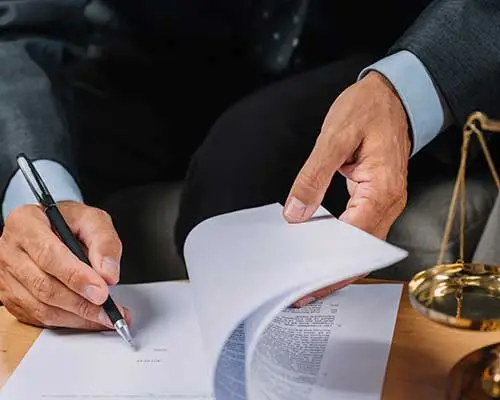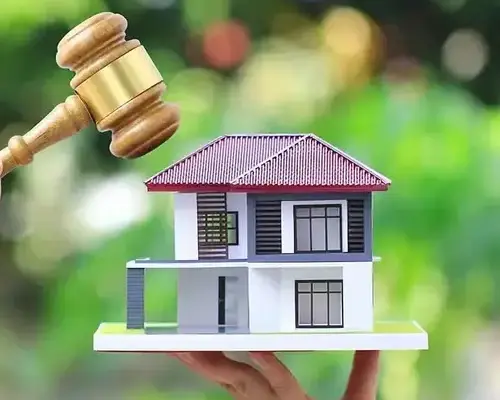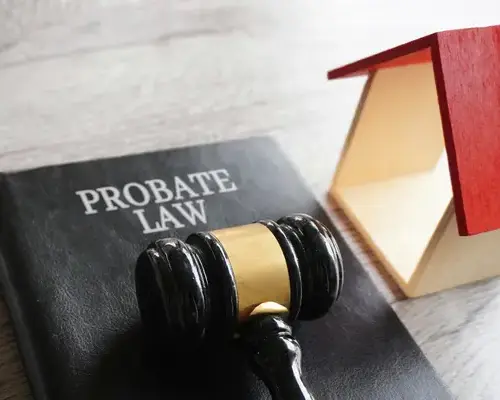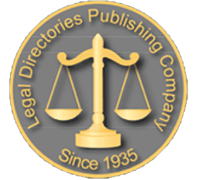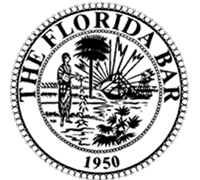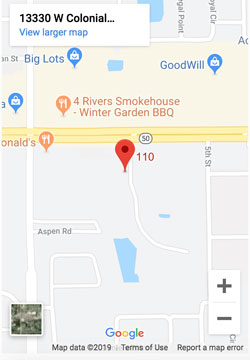Orlando Lease Agreements Lawyers
If you plan to rent out your condo, your home, or property, it is important to have a lease agreement in place to protect your rights. At the most basic level, a lease agreement should include information about the terms of the lease (how long the renter will be in the property), monthly rent, and any rules regarding occupancy of the property. While it might be tempting to use boilerplate language in your lease agreement or to use a template, there may be unique aspects about your property, or your needs that may need to be addressed. Before drafting up a lease agreement, consider speaking to Legal Counsel, P.A., a law firm that employs lease agreement lawyers in Orlando, Florida.
What Should Be Included in a Lease Agreement?
A lease agreement is a binding contract and it should include certain crucial pieces of information. The more detailed your lease agreement, the more it can protect your rights as a landlord. Here is some information that should be included in your lease agreement:
- Identification of the Parties. The lease agreement should clearly identify the landlord and the party or parties leasing the property. When it comes to lease agreements, it is in your interest as a landlord to identify the names of all people who will reside on the property. This way, if one party cannot pay the rent, you can seek rent from other parties listed on the lease agreement.
- Identification of the Property. The lease agreement should include specific information about where the property is located, such as its address and any other important descriptors.
- Length of Contract. The lease agreement should also include a term for which the contract will be valid. Is the lease for several months, month to month, or will it last a year? The contract should specify this information.
- The lease agreement should also include the amount of rent due each month and the date on which it is due. The agreement may also include information about penalties for late payment. You might also want to include payment methods if you have a preferred method of payment.
- Limits on the Number of Tenants. There may be laws in your area for how many people can occupy a certain size unit. You might want to speak to the lease agreement lawyers at Legal Counsel, P.A. in Orlando, Florida to better understand your responsibilities as a landlord when it comes to tenancy. You have the right as a landlord to limit the number of tenants on your property and to require that all tenants be named in the lease. You might also include a provision that requires that your tenants inform you when new individuals move into the property.
- Security Deposits. A security deposit can protect you if a tenant damages your property and you need to make repairs after the tenant moves out. When collecting a security deposit, it is important to understand local rules and regulations for how security deposits must be kept. Some states require that landlords open a special bank account for a security deposit and pay tenants the interest that accrues on the deposit. Your lease agreement should include information about the amount of money collected for a security deposit, how the security deposit can be used, and when the security deposit will be returned when the tenant vacates the property. For example, you can protect yourself by specifying that your tenant cannot use a security deposit for the last month’s rent. And you can also protect your tenant by specifying how the security deposit might be used. Legal Counsel, P.A. employs lease agreement lawyers in Orlando, Florida who can help you understand your rights when it comes to security deposits and help you with the wording of your lease so that your rights are protected.
- Responsibility Regarding Repairs. As a landlord, you may have certain obligations to your tenant. For example, you may be required to ensure that your tenants have running water, heat, and working appliances. Your tenants also have certain responsibilities, such as letting you know when they detect a problem. Your lease agreement should include information about how and when your tenant can contact you regarding problems and when they can expect a response.
- You may not want your tenant painting the walls or starting a community garden on your front lawn. It is important to consider protecting your property value by including rules to address any issues before they arise. For example, one thing to consider is whether you will allow your tenant to have pets on the property, and if you do let your tenants have pets, what are the rules regarding damage? You can also word the rules to include provisions that would allow you to take action for frequent noise complaints or illegal activity. If you are renting out a condo, you may also need to include a copy of your association’s rules and require that your tenant sign that he or she will abide by these rules. Other issues, like parking and shared spaces should also be addressed. Legal Counsel, P.A. employs lease agreement lawyers in Orlando, Florida who can help you identify possible liabilities and issues before they arise and address them in your lease agreement.
- Landlord’s Access to the Property. The tenant has legal rights when it comes to the landlord accessing the property to perform maintenance. The lease agreement should include information about how much advance notice you as the landlord will provide before entering the property to perform needed maintenance.
If you are renting out property, it is important to protect your rights and limit your legal exposure, A proper lease agreement is one important step you can take to protect yourself. Legal Counsel, P.A. employs lease agreement lawyers in Orlando, Florida who can help you understand your rights and responsibilities as a landlord and can assist you with creating a lease agreement that meets your needs and protects your rights. Have questions? We have answers. Contact Legal Counsel, P.A. at 407.982.4321.




